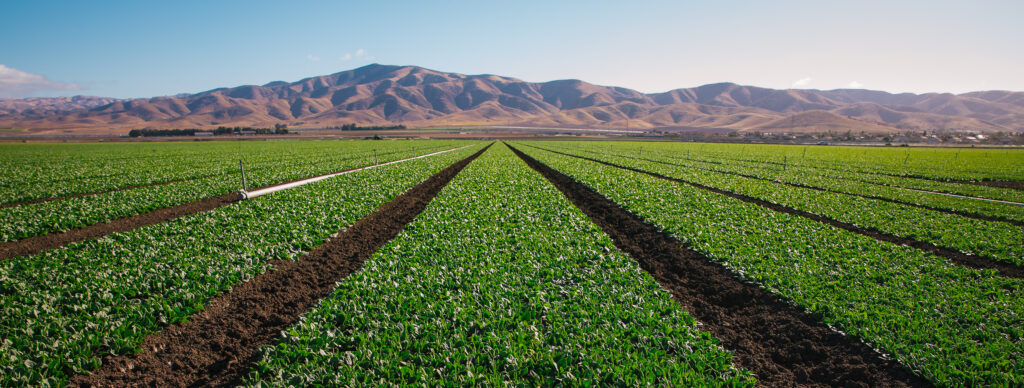By Afreen Malik, Science Programs Director
Root Cause Analysis (RCA) is a systematic yet flexible approach to problem solving. It helps identify and address the root causes of failures in processes that may lead to defects or problems. One of the most used techniques in RCA is the “5 Whys” which was developed by Sakichi Toyoda of Toyota Motor Corporation as “the basis of Toyota’s scientific approach by repeating ‘Why’ five times” to reveal the nature of the problem and its solution. Since then, this technique has been used within lean manufacturing and Six Sigma as an effective way to identify root causes and implement appropriate preventive measures to avoid recurrence.
The main benefit of RCA is that it can help identify fundamental, systemic issues and failures and help prevent recurrence of these issues. With RCA, you can direct valuable resources where they are needed most—in implementing mitigation strategies which address the root causes as opposed to those that only affect the symptoms of the problem. This can lead to many benefits for an organization such as reduced costs, reduced risks, improved stakeholder relationships, and production of safe, reliable products. By effectively addressing these root causes, you help protect your business and the health and wellbeing of consumers who rely on fresh produce for a healthy lifestyle.
Furthermore, RCA can help meet regulatory expectations regarding RCA. In a recent update to the Leafy Greens Action Plan (LGAP), the Food and Drug Administration made a commitment to “invigorate” RCA and “to advance, standardize, and increase awareness about the value of root cause analysis protocols for food safety.” Industry can lead this effort to outline what RCA looks like in the produce industry and adopt the use of RCA as a tool for continual improvement in food safety.
Western Growers’ Science team, which includes Senior Vice President of Science Dr. De Ann Davis, Assistant Vice President of Science Sonia Salas, Science Program Director Afreen Malik, Data Programs Analyst Marlene Hanken, and Science Program Specialist Scott Nichols, is here to help the industry adopt RCA as a valuable tool for solving produce safety and quality related problems. WG is developing a suite of resources that can help you implement RCA in your operations, whether on the farm or in a facility. WG RCA offerings fall into three categories: 1) a fresh produce specific RCA guidance, 2) RCA training and education, and 3) RCA consultation services to help you conduct root cause analysis in your operations.
Produce Industry RCA Guidance
The recently published fresh produce specific guidance on RCA has two parts. Part I is a How To Guide providing step-by-step guidance on how you may conduct RCA in your operations. Part II is a Decision-Making Guide to determine whether you should conduct RCA in your situation. The guidance document provides a basic introduction to the RCA concept, outlines RCA steps, commonly used tools and techniques, and provides additional resources to help you determine how you should apply RCA to your operations.
RCA Training and Education
WG is developing a hybrid course on RCA. The course will have a virtual component to go over the essentials of RCA in a classroom format and a hands-on, in-person, on-farm component to really dig deep into how to conduct RCA in a real operation. We’re collaborating with the Centers for Disease Control and Prevention (CDC) and the FDA to build this produce specific and science-based resource for our membership. An announcement will be issued when this resource is available in the fall of 2021.
RCA Consultation Services
The third component of WG’s offerings include execution of RCA in your operations by the Western Growers’ Science team to help you identify the root causes of your problem. The principles communicated through the first two components (RCA Guidance Document/Training and Education) will be applied here to investigate your most common and/or stubborn failures and problems and to identify and address root causes. Clear science-based and practical solutions will be proposed with guidance on effective implementation and subsequent monitoring and verification activities to minimize or prevent recurrence. An announcement will be issued when this resource is available in the fall of 2021.
Case Study
The University of Florida in collaboration with Produce Marketing Association/United Fresh conducted a case study for the Romaine Task Force to illustrate how RCA may be used in the produce industry. The full case study may be accessed on the United Fresh website (www.unitedfresh.org).
Although this case study is on avocados, the overall approach and principles discussed may be applied to any fresh produce commodity. Some of the lessons gleaned from this case study include the necessity of a multi-disciplinary team, open-mindedness in the approach, clear communication throughout the process, and a willingness to adapt creatively since there is no universal, cookie-cutter formula for conducting RCA.
Who to contact at WG to get the ball rolling?
The primary contact for all RCA related services at WG will be Afreen Malik ([email protected]). Please reach out to me if you have any questions related to root cause analysis or if you’d like more information about any of the above listed RCA services.

